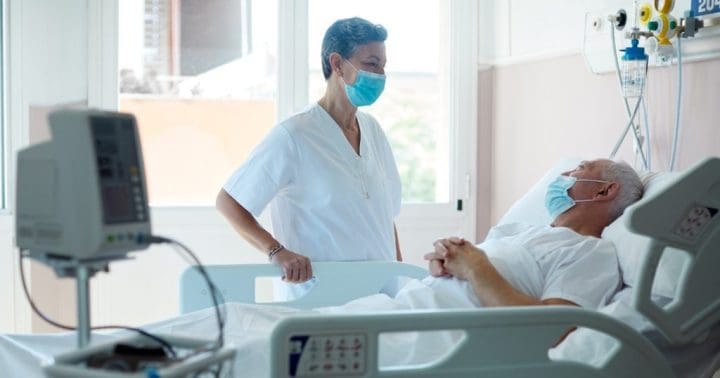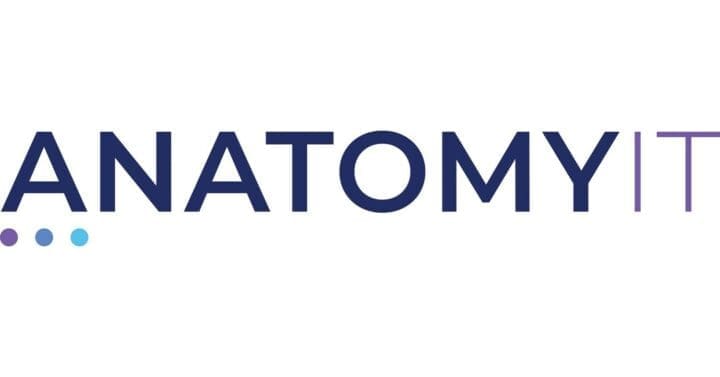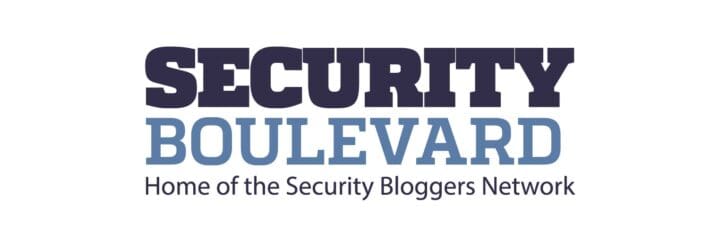The Nationwide Institutes of Well being’s All of Us analysis program introduced this previous week that it had made a major improve within the COVID-19 info obtainable in its precision medication database. Â
The expanded COVID-19 survey dataset now consists of responses from practically 100,000 contributors, which might enable researchers to glean new insights from the wide-ranging info. Â
This implies this system’s researcher workbench now consists of knowledge from 329,000 folks, 80% of whom characterize communities underrepresented in medical analysis. Â
“It is a actually numerous group,” All of Us Chief Govt Officer Josh Denny instructed Healthcare IT Information. “They’re very engaged, and we’re enthusiastic about the place issues are.”
This system, which was based in 2015 and launched nationwide enrollment in 2018, goals to finally have one million contributors representing america and reflecting inhabitants heterogeneity. Â
Its objective with that “common cohort” – lots of them outfitted with connected-health expertise – is to construct a database that may inform research on quite a lot of well being situations. Â
Earlier than the pandemic, Denny defined, this system had recruited engagement companions as trusted members locally to ship its message to potential recruits.Â
“We additionally had 350 clinics the place folks did enrollment,” he stated. “It was loads about high-touch – precisely what COVID-19 is not.” Â
A lot of these companions have discovered methods to be digital, and 200 clinics have reopened with COVID-19 protocols in place. Â
“We ship out a variety of saliva exams,” he stated. Â
Contributors are requested to make their digital well being data obtainable, in addition to to share DNA outcomes, reply well being surveys and probably go to a companion heart to have bodily measurements taken together with biosamples. Â
This system lately gave public entry to researchers, who can use the info to conduct research. Anybody with an web connection may entry the info browser. Â
Already, stated Denny, “Now we have about 1,100 researchers who’ve signed up.”
He famous that the energy that comes from working with a various dataset, having performed machine studying work himself. Â
“Range of websites, EHR distributors, ages, genders, races – each type of range – you want all of it for the algorithm to be taught successfully,” stated Denny. Â
He cited an instance from Dr. Sally Baxter, who used the All of Us database to construct a mannequin predicting the danger of progressing towards glaucoma surgical intervention.Â
Baxter initially skilled the mannequin on knowledge from a single establishment – however when she used All of Us knowledge to validate it, she discovered that the world beneath the receiver working attribute curve, or AUC, was solely 0.49. Â
In contrast, when she skilled the mannequin on All of Us knowledge, AUCs ranged from 0.80 to 0.99. Â
“It simply reveals the ability of pulling that info,” stated Denny. With regard to the COVID-19 knowledge, Denny notes the benefit of getting longitudinal views captured from throughout the nation. Â
“It means we’ve this inhabitants of people [for whom] we’ve knowledge from earlier than COVID,” he stated. “It means you’ll be able to assess a number of the traits of COVID-19 in a probably much less biased manner.” Â
The people already within the cohort who’ve been recognized with COVID-19 might also have contributed Fitbit knowledge or their genomics, he stated. Â
“Some can have ‘lengthy COVID,’ and we’ll have the ability to be taught probably extra about that. And we’ll take a look at issues in regards to the COVID survey within the [context of] larger inhabitants,” he defined.
“You’ll mix that info with different research and reply essential questions,” he stated. Â
Denny emphasised that these who need to become involved with All of Us ought to join.
“The packages from a participant and researcher standpoint are open,” he stated. “Anybody from america can enroll, and we encourage them to take action.”
Kat Jercich is senior editor of Healthcare IT Information.
Twitter: @kjercich
E-mail: kjercich@himss.org
Healthcare IT Information is a HIMSS Media publication.




